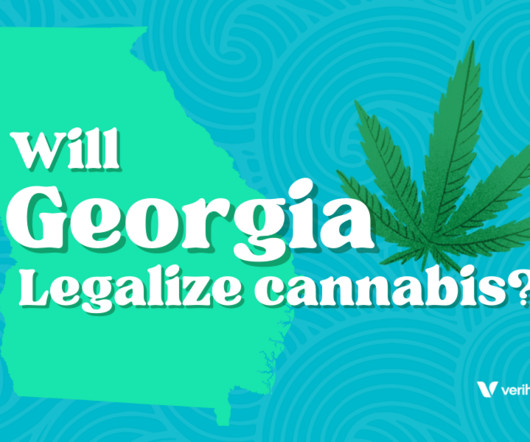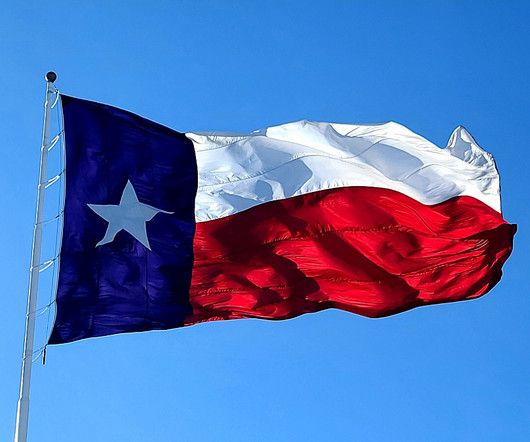Will Georgia Legalize Cannabis? GA Medical Cannabis Program Explained
Veriheal
SEPTEMBER 15, 2023
Though Georgia is one of the last states to officially legalize medical cannabis, the state has been gradually reforming its laws around low-THC cannabis oil for qualifying patients. In 2015, Georgia passed HB 1, also known as the Haleigh’s Hope Act, allowing medical cannabis oil for medical use.













Let's personalize your content